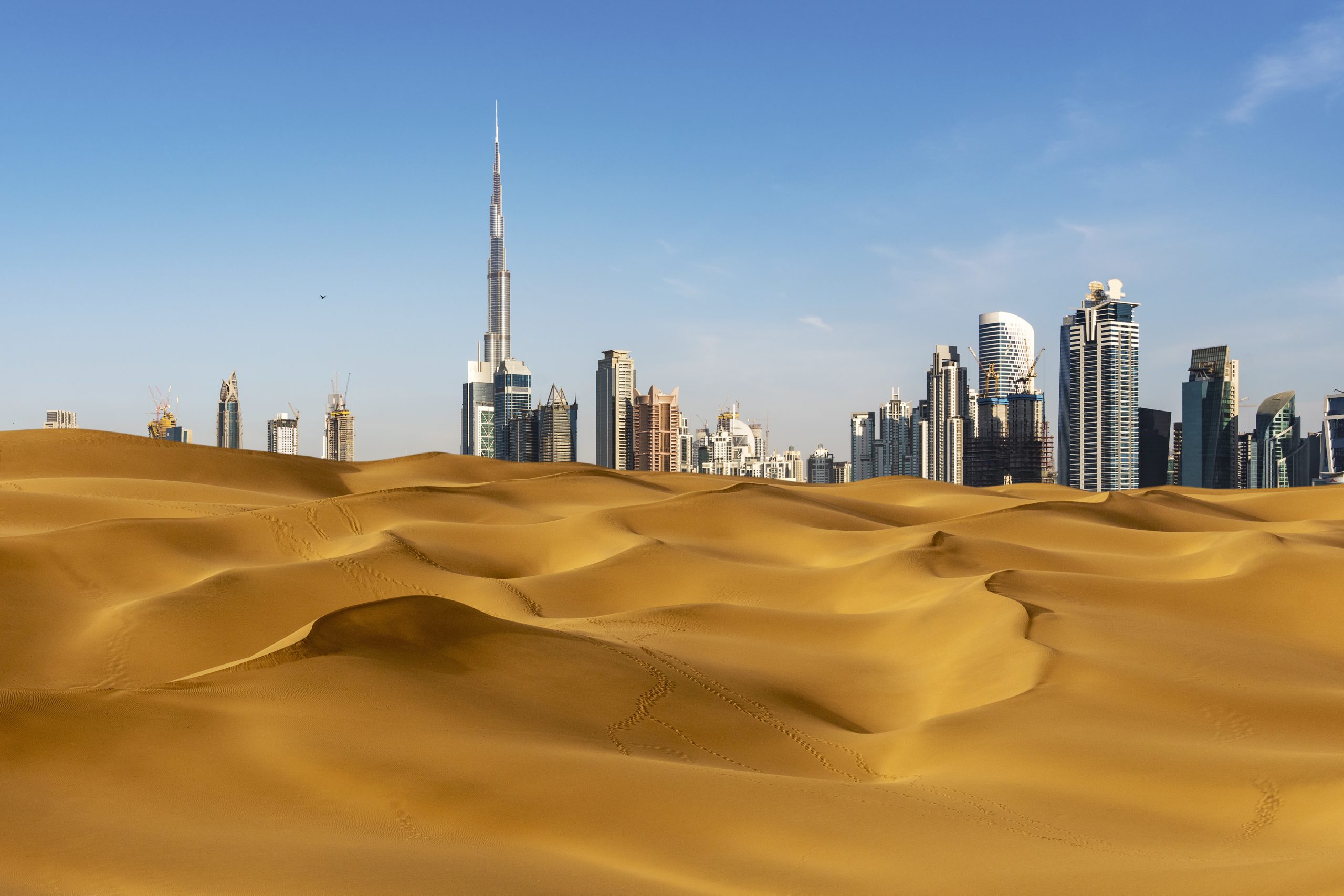Astirring spectacle along the sandy shores of the Persian Gulf — the 22nd edition of the World Cup — has held our breathless global attention for nearly a month now.
But this year’s most consequential development along the Gulf might actually be taking place just a bit down the coast from Qatar. In Dubai, the United Arab Emirates city just a six-hour-plus drive away, the world’s rich are discovering what may well become the ultimate in grand fortune-friendly safe havens.
Our super rich have, of course, always had their “getaways,” sunny places they could go to stretch out and relax in opulent ease. But Dubai, a sleepy “backwater port” only a few decades ago, is emerging as more than a mere escape from the daily grind of making billions. Dubai may be becoming the place where our slickest deep pockets come to plot their billionaire futures.
The latest signs of that transformation? Over 2022’s first half, researchers at New World Wealth and the private wealth tracking firm Henley & Partners report , Dubai registered an 18-percent jump in multi-millionaire residents. The city now ranks first in the Middle East for “high net worth individual” wealth and hosts 202 residents with personal fortunes worth at least $100 million.
That total may soon include Gautam Adani, the one-time Mumbai diamond trader Bloomberg currently rates as the world’s third-richest billionaire. Adani is reportedly considering basing in Dubai the “family office” that manages his personal financial empire.
Financial analysts, even before this Adani buzz, were already predicting that the overall financial wealth sitting in Dubai and the rest of the United Emirates will hit $1 trillion in 2026, up from $700 billion last year.
But the single strongest signal of global super-rich interest in Dubai may simply be the city’s soaring luxury property market. By the end of this year, researchers at the global realtor Knight Frank predict, high-end property prices in Dubai will be up 50 percent over last year. Those prices, Knight Frank figures, will jump another 13.5 percent next year, with no other city in the world expected to see as much as a 5-percent hike.
This past October one eight-bedroom Dubai villa on what locals have come to call “Billionaires Row” sold for a national record $82.4 million. Dubai has now joined London and New York as a premiere global destination for luxury property investors, notes an impressed Cem Kapancioglu, the managing director of the Los Angeles-based CK Architecture Interiors.
Forbes magazine has profiled another Angeleno, a billionaire tech entrepreneur, equally impressed with what Dubai has to offer the world’s super rich. This billionaire, who goes unnamed in the Forbes account, has moved into a Dubai villa with a “basement” huge enough to park his personal collection of two-and-a-half dozen classic autos.
Also moved into Dubai: this billionaire’s massive family office staff. Such offices, points out Forbes, regularly require a “team of around 30 specialists.”
Most of the super rich setting up family offices in Dubai, adds the chief of the New York-based Tiger Recruitment Agency’s Middle East office, are coming from the United States and the UK.
Dubai is helping this influx along with a robust offering of “golden passports,” a special ten-year residency for “high achievers.” Ace computer coders and famous entertainers can qualify for these golden passports, as can the holders of grand private fortunes — and their entire family office financial staffs.
Dubai and the rest of the United Arab Emirates have one even more attractive enticement for the world’s wealthiest households: no income tax.
Rohal Kohyar, the marketing director of Luxhabitat Sotheby’s International Realty, sees the current rush of the rich into Dubai as absolutely “sustainable.” The awesomely affluent, he notes, “are moving here with their families and with their businesses” and will “definitely stay.”
Not all Dubai’s inducements for the wealthiest among us are, to be sure, going as planned. In 2013, developers in Dubai started laying the groundwork for a brand-new luxury development — “Meydan City” — that would include everything from an indoor ski slope with a kilometer-long downhill to a giant fountain with the capacity to shoot water up nearly 400 meters into the sky.
But Covid knocked this ambitious project for a loop, and not much more of the originally planned glory seems to show outside a completed luxury racetrack with a mile-long grandstand that seats 60,000 and sports the “world’s longest television.”
That setback has hardly, overall, put a dent into Dubai’s rush to epochal affluence. In the city’s “ultra-luxury market,” crows D&B Properties CEO Adham Younis, a “paucity of supply” has buyers and sellers cutting “record-breaking deals.” The recently completed third-quarter of 2022 alone saw $18.8 billion in property sales, a 65-percent increase over the same period a year ago.
So what does all this portend? Are traditional global “tax havens” — obscure islands with some high-rises for tax-evading accountant firms — going to give way to permanent fortresses of privilege that promise the richest among us all the luxuries of home and a good bit more? Will billionaires, in significant numbers, start to park themselves and their fortunes in places like Dubai?
Can our richest, in effect, escape accountability at home and find “freedom” in posh oases like Dubai? If we let them pull off that maneuver, a just, more equal world may well remain beyond our reach for generations.
